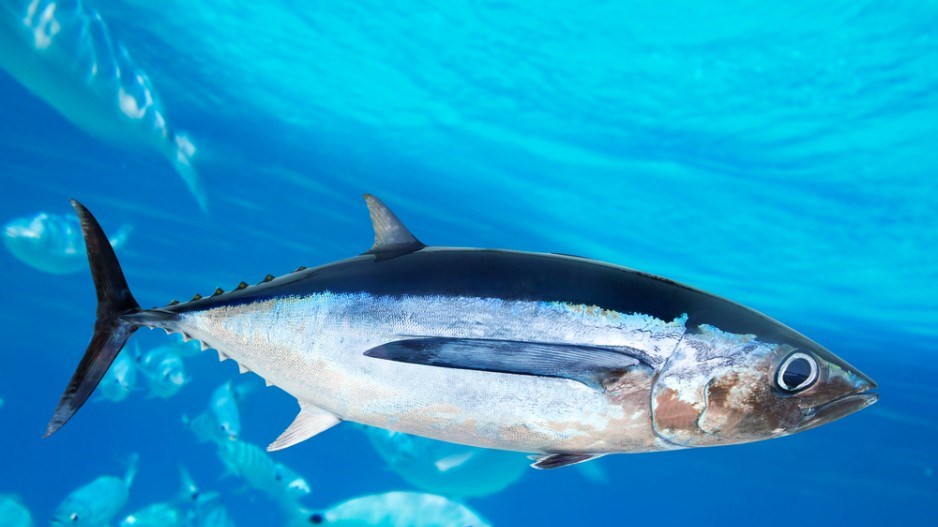Sharks are not the most sympathetic of creatures – but even the most callous viewer might find it hard to watch footage of sharks having their fins cut off while still alive and then being tossed overboard, to sink to the ocean floor to die.
This scene from a new Wilfried Huismann documentary on the Marine Stewardship Council (MSC) – which includes footage that was allegedly shot by a crew member of a shark fishing vessel – suggests that such practices (now banned in dozens of countries) are tolerated by the MSC.
The film, The Dark Side of the Fish Seal MSC, also suggests that MSC-certified tuna fisheries in Mexico are still killing dolphins in purse-seine nets.
Huismann, a German writer and documentary filmmaker, has a history of going after the World Wildlife Fund (WWF), which co-founded the MSC.
Huismann paints both as being in the greenwashing business, fronting an environmentally conscious image yet perpetuating unsustainable practices.
The MSC says Huismann’s latest film “paints a distorted picture of the reality of the MSC program based on a number of false statements and unsubstantiated allegations” and has issued a detailed rebuttal to the film.
The vessel where the footage was shot of sharks being de-finned alive, for example, was not MSC certified at the time the footage was shot, nor was a swordfish and shark fishing vessel featured in the film, according to the MSC.
“Some of its most vehement criticisms are constructed using as ‘proof’ fisheries that are not and never have been MSC certified,” Jay Lugar, MSC’s program director in Canada, said in an email.
The problem for the MSC is that activist documentaries don’t have to be accurate to be compelling and influential. And eco-certification and labelling are particularly vulnerable to negative narratives – even false ones – because they depend entirely on consumer confidence.
If consumers stop trusting a certain label, retailers may feel pressure to drop it and opt for any number of other eco--certification labels.
If nothing else, Huismann’s film points to a rift within the marine conservation movement – a rift that could lead to confusion and an erosion in consumer confidence in programs like the MSC, which has certified a number of B.C. fisheries, including salmon, tuna and halibut.
Greenpeace and the MSC have been at odds for years. Daniel Pauly – a renowned fisheries scientist at the University of British Columbia – now criticizes the program he once supported, and even the WWF, which co-founded the MSC, has recently called for reforms of MSC standards.
All of which begs the question: Is seafood eco-certification and labelling all that effective as a marine conservation tool in the first place? And if so, whom can consumers trust, if not the MSC?
Given the importance of the wild and farmed seafood industry to B.C.’s economy, Business in Vancouver takes a close look at the seafood certification and labelling movement.
See related stories: Consumers seek certainty about sustainable seafood labelling, Why seafood eco-labelling matters and Seafood labels and certification




